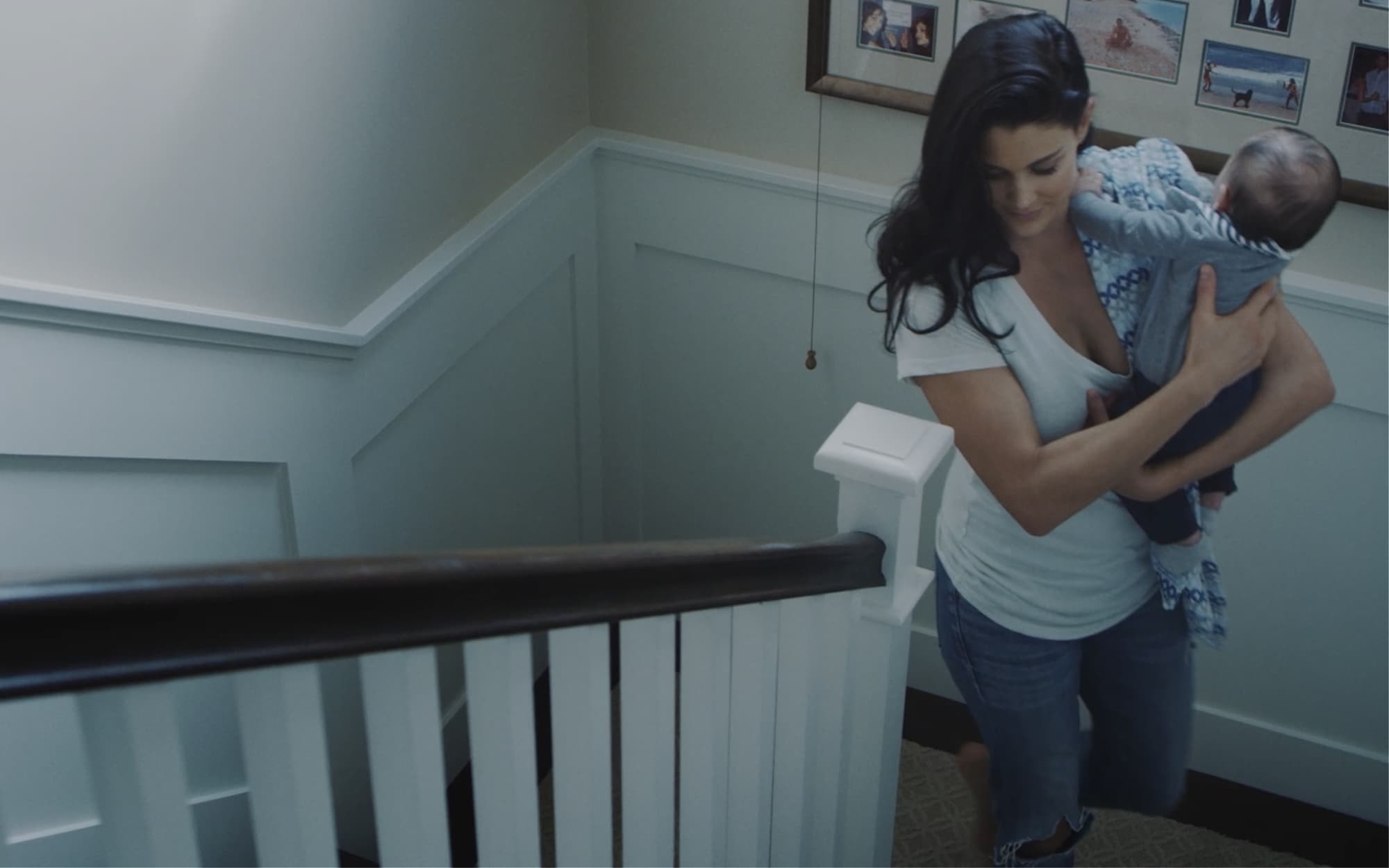Real life stories from ICL patients

Real life stories from ICL patients
“I feel like a big part of health is using what your body already has. ICL is in line with that because it’s keeping your eye completely intact. My eye is still my eye.”
Eve Torres Gracie
Jiu Jitsu Instructor

Phil Torres
Entomologist, TV Show Host

The thing that I love about ICLs is that they are putting a lens in there that can be removed.
Jennifer Puno
Web Designer
Read the full storyReady to Discover Visual Freedom With ICL? Find a Doctor Today

Andrew Oxenham
Photographer

I would never be able to just wake up and go, and now I can literally just roll out of bed and go straight to the farmer's market.
Sara Tso
Chef
Read the full storyICL feels like I am finally experiencing life the way it is meant to be experienced; there are no more barriers between me and the world.
Gayane Khechoomian
Attorney
I don’t say this a lot, but it really did change my life. Vision is important to me… and I’m not someone that likes to be encumbered by anything.
Jennifer Van Dijk
Pilot
Sports are difficult with glasses. Contacts are better, but I still have to worry about them falling out at the worst possible time. Since getting ICL, I don’t even think about those things anymore.
James Robinson
Computer Programmer
In the past, I would make short term decisions that would be cheaper and would fix the problem short term. This (ICL) fixed the problem long term.
Ashley Acda
Teacher
Important Safety Information
EVO & EVO TICL is designed for the correction of moderate to high near-sightedness (-0.5 to -18.0 dioptres (D)) and the reduction of near-sightedness in patients with up to -18 dioptres (D) of near-sightedness with less than or equal to 6.0 dioptres (D) of astigmatism. It is indicated for patients who are 21 to 60 years of age. In order to be sure that your surgeon will use a EVO with the most adequate power for your eye, your near-sightedness should be stable for at least a year before undergoing eye surgery. EVO surgery has been documented to safely and effectively correct near-sightedness between -0.5 dioptres (D) to -18.0 dioptres (D) and partially correct near-sightedness up to -18 dioptres in eyes with up to 6.0(D) of astigmatism. If you have near-sightedness within these ranges, EVO surgery may improve your distance vision without eyeglasses or contact lenses. EVO surgery does not eliminate the need for reading glasses, even if you have never worn them before. The EVO represents an alternative to other refractive surgeries including, laser assisted in situ keratomileusis (LASIK), photorefractive keratectomy (PRK), incisional surgeries, or other means to correct myopia such as contact lenses and eye glasses. EVO is not intended to correct any astigmatism you may have. Implantation of the EVO is a surgical procedure, and as such, carries potentially serious risks. Please discuss the risks with your eye care provider. The following represent potential complications/adverse events reported in conjunction with refractive surgery in general: conjunctival irritation, acute corneal swelling, persistent corneal swelling, endophthalmitis (total eye infection), significant glare and/or halos around lights, hyphaema (blood in the eye), hypopyon (pus in the eye), eye infection, EVO Visian ICL dislocation, macular oedema, non-reactive pupil, pupillary block glaucoma, severe inflammation of the eye, iritis, uveitis, vitreous loss and corneal transplant. Before considering EVO surgery you should have a complete eye examination and talk with your eye care professional about EVO surgery, especially the potential benefits, risks and complications. You should discuss the time needed for healing after surgery.
Select Your Region
Latin America
References
1Patient Survey, STAAR Surgical ICL Data Registry, 2018
2Sanders D. Vukich JA. Comparison of implantable collamer lens (ICL) and laser-assisted in situ keratomileusis (LASIK) for Low Myopia. Cornea. 2006 Dec; 25(10):1139-46.
3Naves, J.S. Carracedo, G. Cacho-Babillo, I. Diadenosine Nucleotid Measurements as Dry-Eye Score in Patients After LASIK and ICL Surgery. Presented at American Society of Cataract and Refractive Surgery (ASCRS) 2012.
4Shoja, MR. Besharati, MR. Dry eye after LASIK for myopia: Incidence and risk factors. European Journal of Ophthalmology. 2007; 17(1): pp. 1-6.
5aLee, Jae Bum et al. Comparison of tear secretion and tear film instability after photorefractive keratectomy and laser in situ keratomileusis. Journal of Cataract & Refractive Surgery , Volume 26 , Issue 9 , 1326 - 1331.
5bParkhurst, G. Psolka, M. Kezirian, G. Phakic intraocular lens implantantion in United States military warfighters: A retrospective analysis of early clinical outcomes of the Visian ICL. J Refract Surg. 2011;27(7):473-481.
